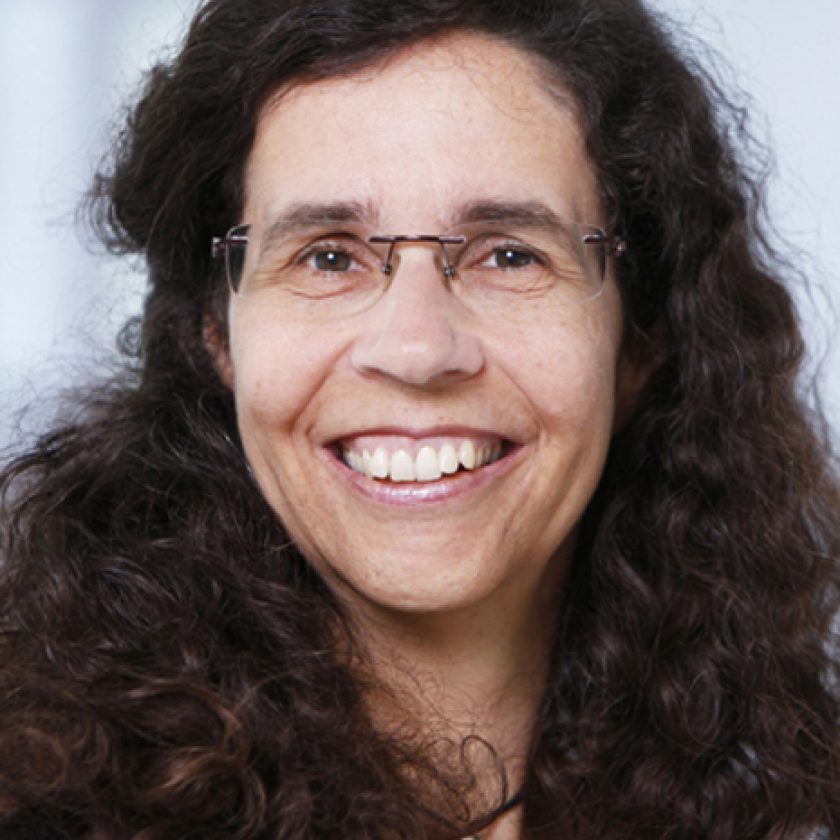Abstract
Proteins are nature’s workhorses. They enable living systems to utilize available energy sources and to convert forms from one into another. Using adhesion proteins as examples, we will first discuss underlying engineering principles behind some biological nanosystems. We are studying how mechanical stretching of adhesion proteins can switch their molecular recognition sites. E.Coli bacteria, for example, adhere more firmly to surfaces under shear flow. This is in contrast to conventional wisdom that bacteria can be rinsed off surfaces. Adhesion proteins of mammalian cells, e.g. fibronectin, also contain mechanical nanoswitches that can be stretched on demand by cells, a finding that has major implications for the design of biomaterials and of tissue engineering scaffolds for artificial organs. Motor proteins, finally, convert chemical energy into mechanical force. We are using biological motors in man-made materials, for example, to engineer a monorail at the nanoscale and the first devices. When macroscopic design principles fail at the nanoscale, biology provides new inspirations of how to engineer synthetic nanoscale systems and how to solve the great challenge of systems integration.
Biography
Viola Vogel is the Director of the Center for Nanotechnology, and a Professor in the Department of Bioengineering at the University of Washington. After completing her graduate research at the Max-Planck Institute for Biophysical Chemistry in Goettingen, she received her Ph.D. in Physics in 1987 at Frankfurt University, followed by two years as postdoctoral fellow at the University of California, Berkeley. She received the Otto-Hahn Medal from the Max-Planck Society, the NIH “First Award”, served on Clinton’s Presidential Committee of Advisors in Science and Technology (PCAST) Panel preparing the “Presidential Nanotechnology Initiative”), and currently represents the U.S. on the Council of Scientists for the Human Frontiers Program. Dr. Vogel’s interests include bio-nanotechnology, bottom-up molecular assembly, single molecule mechanics, mechano-signaling of cells, biomaterials and tissue engineering, and biomimetic materials synthesis. At UW, she is the principal investigator of an NSF-funded Integrative Graduate Education and Research Training (IGERT) Program in Nanotechnology, and an investigator in the NSF-ERC Engineered Biomaterials Research Center and the NIH-Center of Excellence in Genome Sciences.


